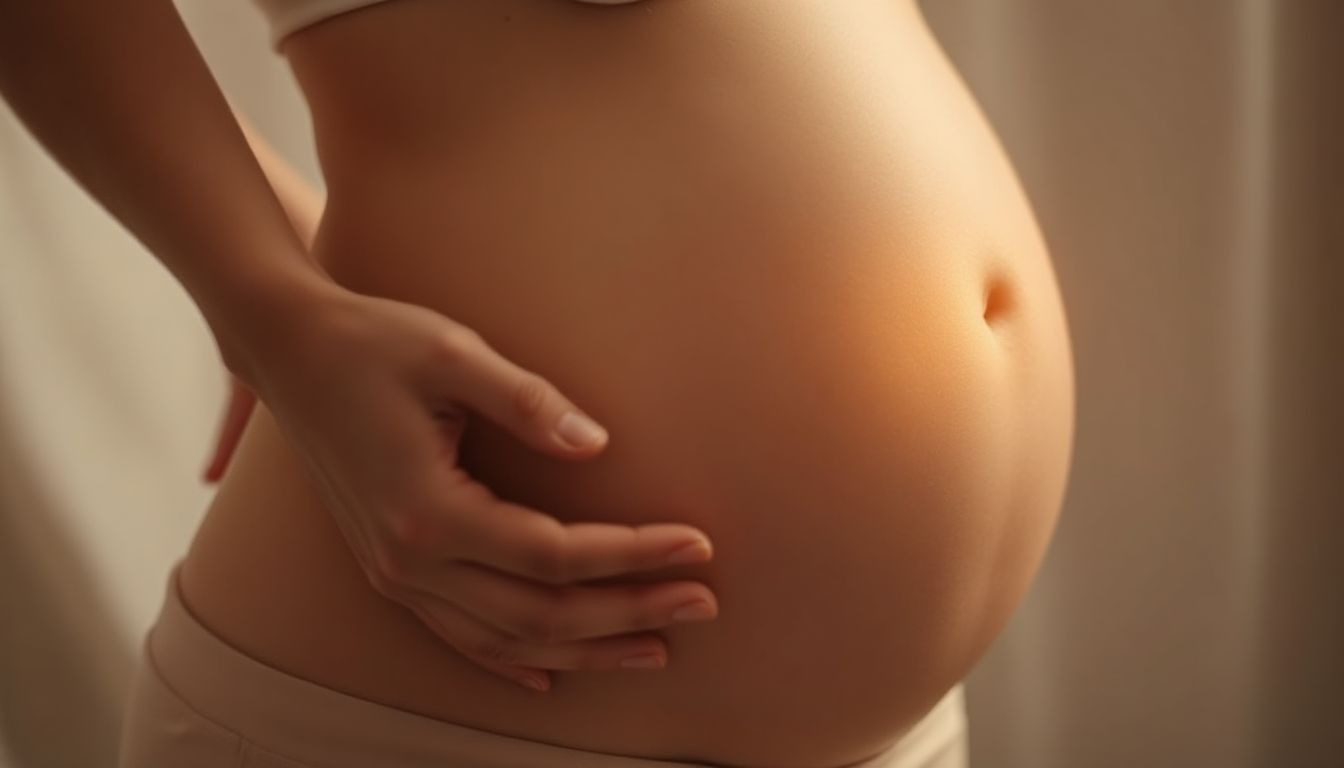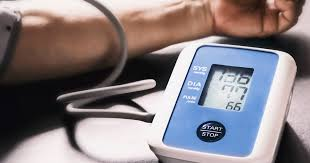Gallstones are tiny, hard deposits that form in your gallbladder. This small organ sits under your liver. Its main job is to store and release bile, a fluid that helps you digest fats. Millions of people get gallstones. But did you know some groups face a higher risk? Pregnant women and those using hormonal birth control often see more gallbladder issues. We’ll explore why these hormonal shifts can lead to problems.
Hormonal Shifts: The Primary Culprit
Hormones play a massive role in your body. Estrogen and progesterone are two key players. They do more than manage your reproductive cycle. These hormones also influence how your gallbladder works. They can even alter the composition of your bile. This creates a perfect setup for gallstones to form.
Estrogen’s Impact on Bile
Estrogen has a direct link to cholesterol. When estrogen levels go up, your liver makes more cholesterol. It then sends this extra cholesterol into your bile. Bile needs a good balance of chemicals to stay liquid. Too much cholesterol makes bile thick and sludge-like. This is like trying to mix oil and water. The cholesterol can then clump together. This forms the start of a gallstone.
Progesterone’s Effect on Gallbladder Motility
Progesterone works differently. It tends to relax smooth muscles throughout your body. Your gallbladder is a muscular organ. When progesterone levels rise, its muscles relax too much. This means your gallbladder doesn’t squeeze as often or as hard. Bile sits in the gallbladder longer. This slow movement is called bile stasis. When bile sits still, water gets absorbed. The bile becomes even more concentrated. This allows cholesterol crystals to grow into stones.
Pregnancy: A Natural Hormone Surge
Pregnancy brings big changes to a woman’s body. Hormones soar to incredible levels. This surge is vital for a healthy baby. Yet, these high hormone levels also impact the gallbladder. It’s a key reason pregnant women face a greater risk of gallstones.
Increased Estrogen and Progesterone Levels During Pregnancy
During pregnancy, both estrogen and progesterone skyrocket. Your body produces these hormones in much larger amounts. This increase is far beyond regular monthly cycles. As we discussed, higher estrogen makes bile richer in cholesterol. Additionally, more progesterone slows down the gallbladder. This double effect significantly raises the risk. Many studies show pregnant women are twice as likely to develop gallstones.
Bile Stasis and Cholesterol Crystallization in Pregnancy
The hormonal environment of pregnancy creates a “perfect storm.” You have bile loaded with cholesterol. At the same time, your gallbladder struggles to empty itself. This means cholesterol has plenty of time to settle. It forms tiny crystals. These crystals then stick together and grow into stones. A pregnant woman might feel sharp pain in her upper right belly. This often happens after eating something fatty. This discomfort is a common sign of gallstones during pregnancy.
Oral Contraceptives: Mimicking Pregnancy Hormones
Birth control pills are a popular way to prevent pregnancy. Many contain synthetic hormones. These artificial hormones work like the natural ones your body makes. Because of this, they can cause similar changes in your gallbladder.
The Role of Synthetic Estrogen and Progestin in Birth Control Pills
Most oral contraceptives contain synthetic forms of estrogen and progestin. Progestin is a lab-made version of progesterone. When you take these pills, your body responds. These artificial hormones tell your body not to ovulate. But they also affect other parts of you. They can act on your liver and gallbladder just like natural pregnancy hormones. This is why they can lead to gallstone risk.
How Birth Control Pills Alter Bile and Gallbladder Function
The synthetic hormones in birth control pills affect bile composition. The estrogen component can increase cholesterol saturation. This makes bile thicker and more prone to stone formation. The progestin can also relax the gallbladder muscles. This slows down bile flow. Doctors often explain that this combination leads to a higher chance of gallstones. The effect is similar to, though usually less intense than, what happens in pregnancy.
Other Contributing Factors and Risk Amplifiers
Hormones are a big deal. But other things can also make you more likely to get gallstones. These factors can add to the risk from pregnancy or birth control. They can even cause gallstones on their own.
Obesity and Weight Fluctuations
Being overweight or obese increases your risk of gallstones. Fat tissue can change hormone levels. It also increases the amount of cholesterol in your bile. Rapid weight loss is another problem. Crash diets can cause your liver to dump extra cholesterol into your bile. This can quickly lead to stone formation. It’s best to maintain a healthy weight. Avoid rigorous, fast diets.
Diet and Lifestyle Choices
What you eat matters a lot. Diets high in saturated fats are not suitable for your gallbladder. Fried foods and processed snacks can trigger problems. They can make your body produce more cholesterol. Not eating enough fiber also plays a part. Fiber helps move bile and cholesterol through your system. A diet low in fiber can make bile more concentrated. Try to eat more fruits, vegetables, and whole grains. Cut back on greasy and sugary foods.
Recognizing and Managing Gallstone Symptoms
It’s essential to know the signs of gallstones. If you notice any symptoms, talk to a doctor. Catching problems early can prevent bigger issues.
Common Gallstone Symptoms
Gallstones often cause sudden pain. This pain is usually in the upper right part of your belly. It can also spread to your back or shoulder blade. People often feel sick to their stomach. Nausea and vomiting are common. This pain usually pops up after eating a fatty meal. The fat triggers your gallbladder to squeeze. If a stone blocks a duct, pain follows. You might also feel gassy or bloated.
When to Seek Medical Advice
Don’t ignore symptoms. If you have sharp, lasting pain, see a doctor right away, especially if it comes with fever or yellow skin. These could be signs of a serious problem. A doctor can check for gallstones. They can offer treatment options. These might include lifestyle changes or medication. Sometimes, surgery is needed to remove the gallbladder. Always let a professional guide your health decisions.
Conclusion: Proactive Health Management
Pregnant women and those on birth control pills face a greater risk of gallstones. This is mainly due to changes in hormone levels. Estrogen increases cholesterol in bile. Progesterone slows down gallbladder emptying. Both effects create an environment where stones can form. Other factors, such as diet and weight, also play a role. Understanding these risks is a good first step. If you’re concerned about your gallbladder health, talk to your healthcare provider. They can help you manage your personal risk factors. Taking charge of your health can lead to better outcomes.
Discover more from Healthinfo24.com
Subscribe to get the latest posts sent to your email.




Leave a Reply